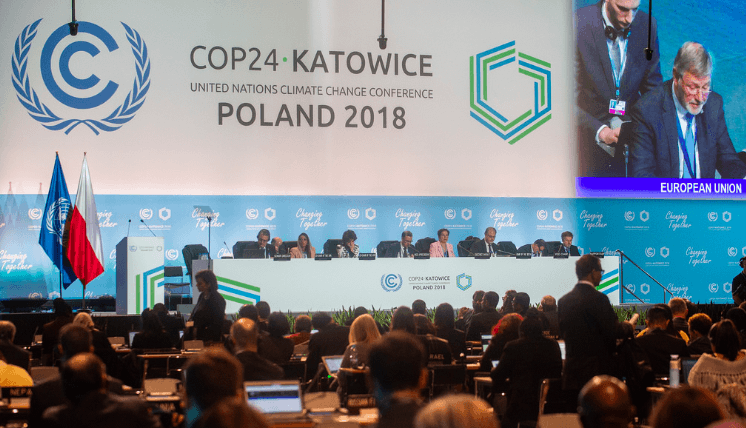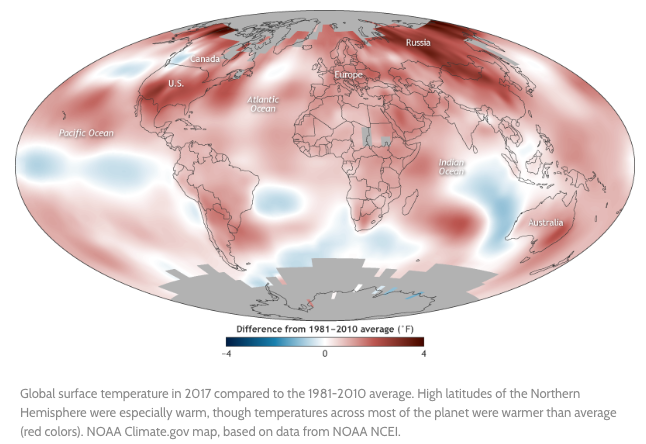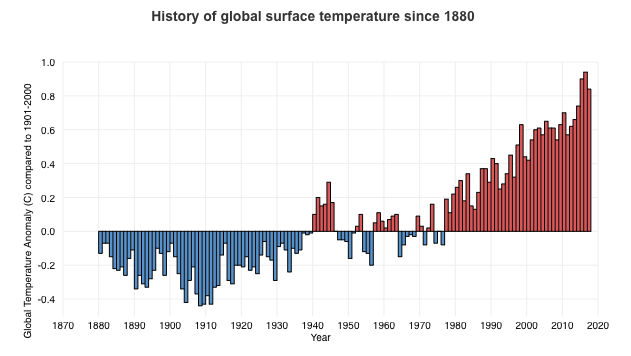COP24 Winds Down Without Resolution
December 16, 2018 | Expert Insights

Amid impassioned pleas for progress, negotiators at the UN climate talks in Poland faced the final day with many issues’ undecided. Countries are struggling to complete the complex rulebook of the Paris climate agreement, and are under pressure to boost their promises to cut carbon.
Background
COP24 is the informal name for the 24th Conference of the Parties to the United Nations Framework Convention on Climate Change (UNFCCC). The UNFCCC is a Rio Convention, one of three adopted at the Rio Earth Summit in 1992. The UNFCCC entered into force on 21 March 1994. Today, it has near-universal membership. The countries that have ratified the Convention are called Parties to the Convention. Preventing dangerous” human interference with the climate system is the ultimate aim of the UNFCCC.
The Conference of the Parties (COP) is the supreme body of the UNFCCC Convention. It consists of the representatives of the Parties to the Convention. It holds its sessions every year. The COP takes decisions which are necessary to ensure the effective implementation of the provisions of the Convention and regularly reviews the implementation of these provisions. In accordance with a decision of the 22nd Session of the Conference of the Parties to the Climate Convention (COP22) in Marrakesh in November 2016, the successive climate summit was being held in Poland. Poland was selected to host this event within the framework of the Eastern European Group (EEG).
Poland held the Presidency of the Climate Convention for the third time. COP24 took place from 2-14 December 2018, in Katowice, Poland.

Analysis
United Nations negotiations aimed at preventing catastrophic climate change are set to wrap up in Poland on 14 December after two weeks of heated disputes between rich and poor nations that saw countries most at risk plead for action. One of the biggest challenges facing the talks is the sheer number of decisions that have been passed up to around 100 ministers from all over the world who have travelled to Katowice. They are also feeling the heat from developing countries and small island states who fear that they will face ruin if temperatures rise by more than 1.5C.
At present, the world has warmed about 1C since the industrial revolution. Former president of the Maldives and their lead negotiator, Mohamed Nasheed, made an impassioned plea for urgent progress on cutting carbon.
Representatives from 196 states are trying to resolve difficult questions pertaining to the rulebook of the Paris agreement which comes into force in 2020. These are the regulations that will govern the details of how countries cut carbon, provide finance to poorer nations and ensure that everyone is doing what they say they are doing.
There are significant holdups. Poorer countries want some "flexibility" in the rules so that they are not overwhelmed with regulations that they don't have the capacity to put into practice.
There's a strong push to recognise the science of the IPCC, which earlier this year produced a critical report on how the world would be impacted by temperatures rising by 1.5C this century.
The decision to welcome this report was rejected amid controversy earlier in the conference when Saudi Arabia, the US, Kuwait and Russia wanted to just take note of the report.
Poland holds the COP presidency but there is a lot of concern among delegates that they lack an overall picture of what should emerge from the meeting. Most people want to see a strong rulebook, a commitment by countries to raise their ambitions and carbon-cutting promises before 2020 and some clarity on how much money will be delivered to poorer countries - as well as when it will arrive.
While some negotiators say the Poles are doing a good job in difficult circumstances, many are critical, saying they are responding to the needs of the rich and not the poor. "I think the presidency is too honed in with the what the high emitting countries are looking for right now and that could lead to a weak outcome here," said Jennifer Morgan from Greenpeace.
"Often in these talks when it's quite complex, and you don't have clear leadership, that's when countries like Saudi Arabia can come in and just wreak havoc. That's why we need the ministers from EU to come and work with poor nations to drive that home to counterbalance what the Saudis and the Poles are doing here."

Assessment
Our assessment is that most nations are in support of a new rule book on clean energy policy, and of global collective action to combat climate change. We believe that governments will need to be deeply committed to a green economy, and industries incentivised with substantial economic growth to pursue green policies. In our opinion, designing environmental policies that protect the poor from the side-effects of carbon taxes and make lower-income people better off could be a useful strategy in persuading dissenting countries to get involved in climate action.
India Watch
India emerged as the country most vulnerable to climate change in several studies. India accounts for 4.5 per cent of the world’s greenhouse gases, so it plays a crucial role in combating climate change. Owing to the risks of flooding, high temperatures, and an even greater threat to food security, perhaps no country has a greater incentive to slow global warming.
To avert death and displacement in the years ahead, the rapidly developing country known for its dependence on coal is trying to slash its carbon emissions by switching to solar power and other cleaner energy sources. Whether India succeeds in this energy renaissance will likely determine the future of its people.








Comments